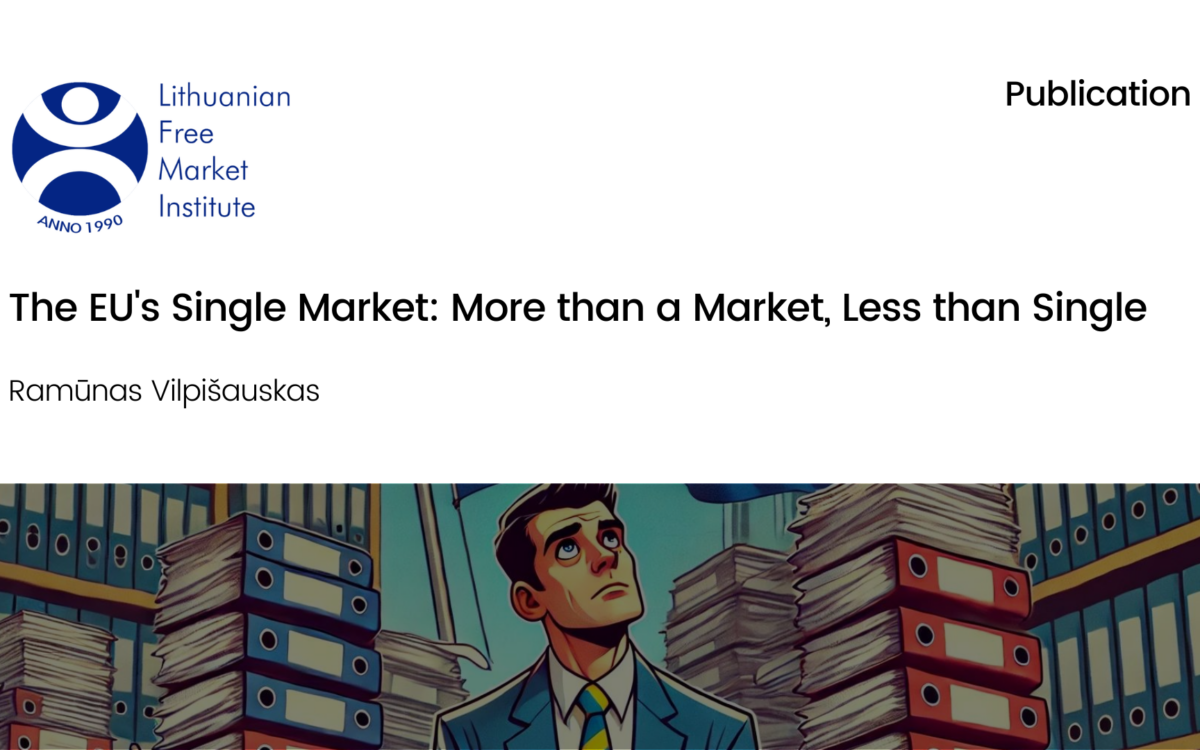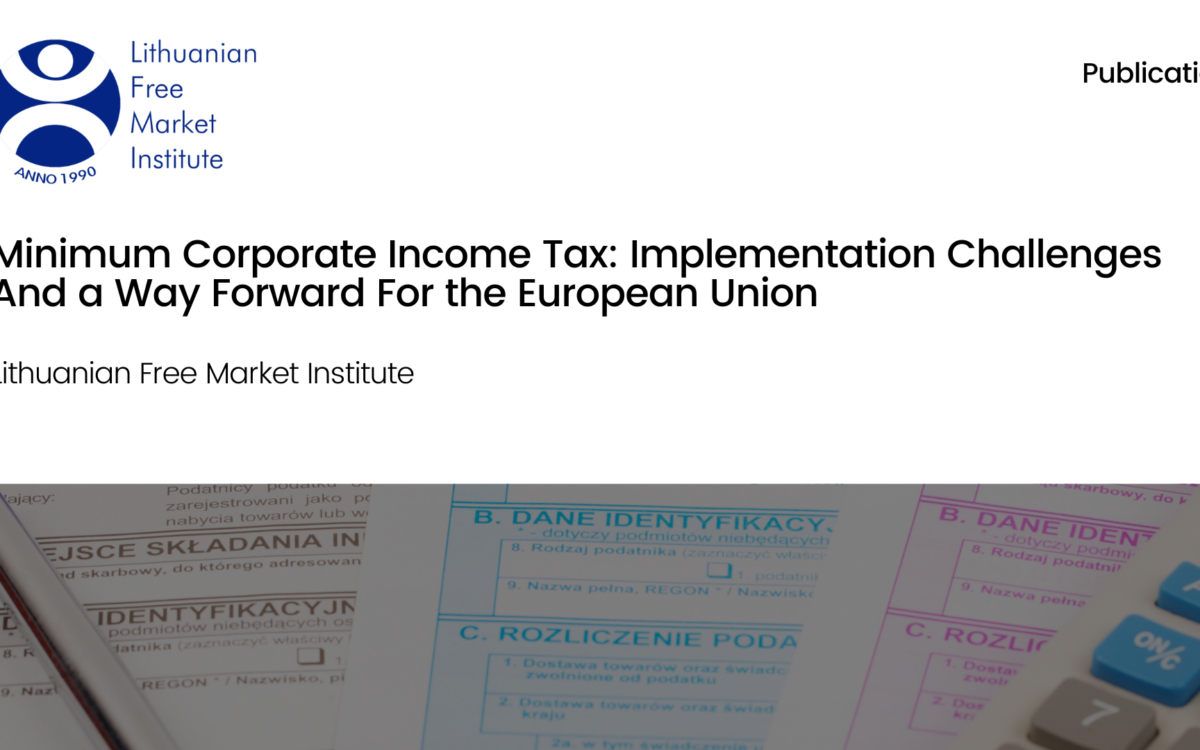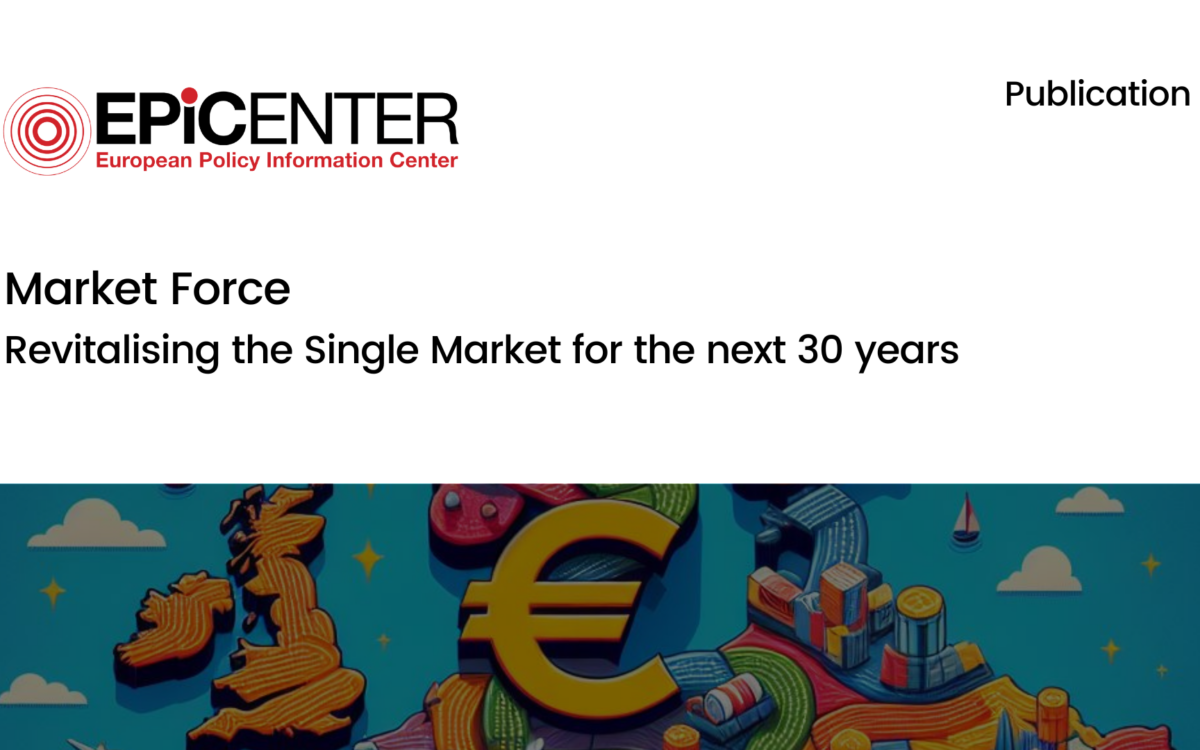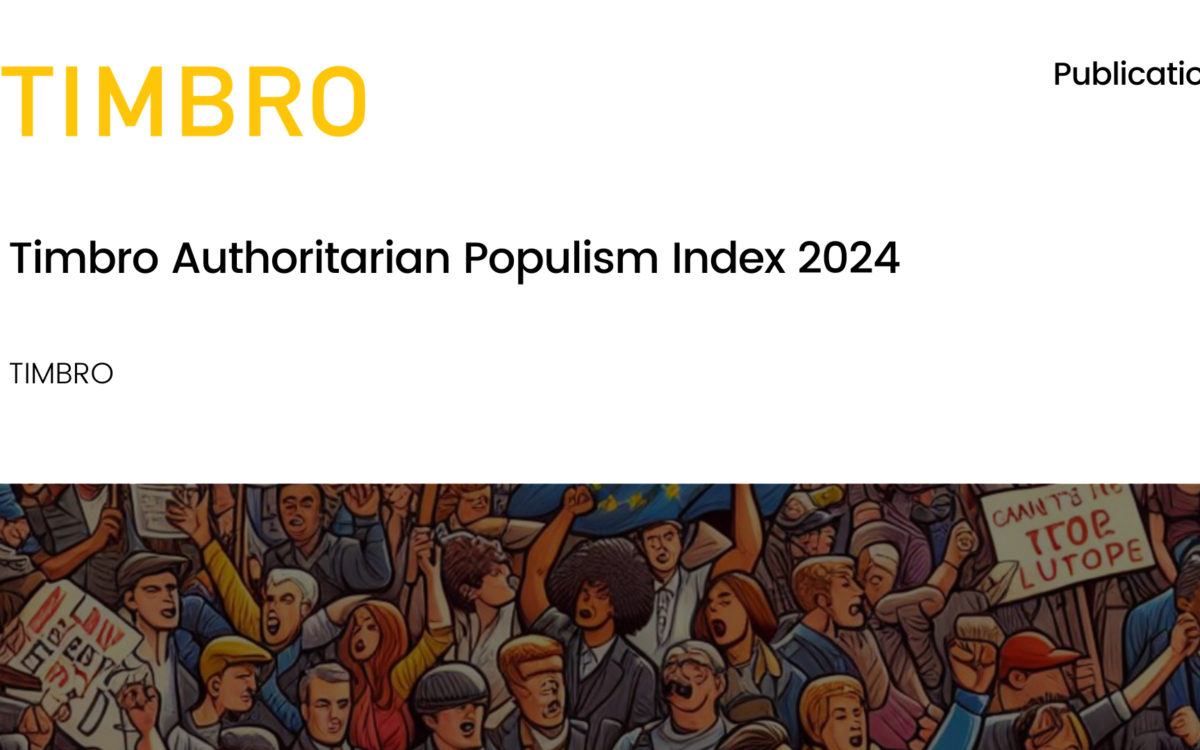The Fight Against Poverty Depends on Economic Freedom
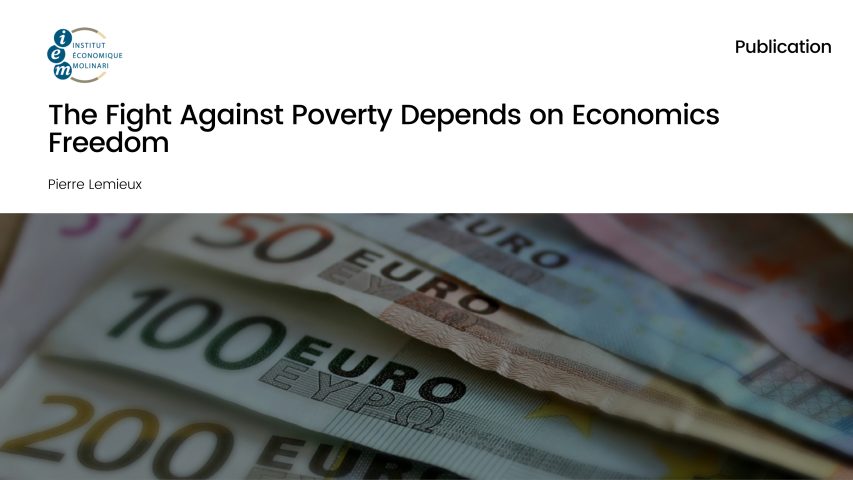
The Fight Against Poverty Depends on Economic Freedom
10 November 2018
The most obvious benefit of economic freedom is that, as a system, it is the most conducive to widespread prosperity, that is, to high or rising income and consumption for the bulk of the population.
History strongly suggests that countries with more economic freedom grow faster—and those with less economic freedom sometimes don’t grow at all. The real GDP per capita of the United Kingdom, the spearhead of the Industrial Revolution, was multiplied by 16 in the three centuries since 1700, according to recent estimates from economic historians. Over the preceding 700 years, it had only doubled. Other Western countries, including Canada and France, followed in the U.K.’s footsteps.
Economic growth is a matter of good institutions (including economic freedom), not a matter of natural resources. Hong Kong, a semi-independent territory of the United Kingdom until 1997, provides a good example. The Economic Freedom of the World (EFW) index, compiled by the Fraser Institute since 1970, has generally ranked the tiny, resource-poor country as the economically freest country in the world. This freedom has paid off in terms of economic growth: While Hong Kong’s GDP per capita amounted to 58% of the French level in 1950, it had reached 130% in 1997.
“Decision-makers should show a bias toward economic freedom, which is morally defensible and beneficial to society,” concludes Nicolas Marques, IEM Executive Director. “Citizens are the first to benefit from economic freedoms, which generate additional activity and thereby create employment and purchasing power. Public finances would also do better, due to higher revenues.”
Download or share this publication
View the PDF
EPICENTER publications and contributions from our member think tanks are designed to promote the discussion of economic issues and the role of markets in solving economic and social problems. As with all EPICENTER publications, the views expressed here are those of the author and not EPICENTER or its member think tanks (which have no corporate view).
